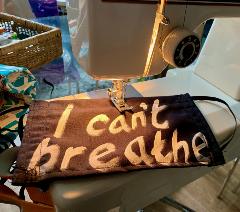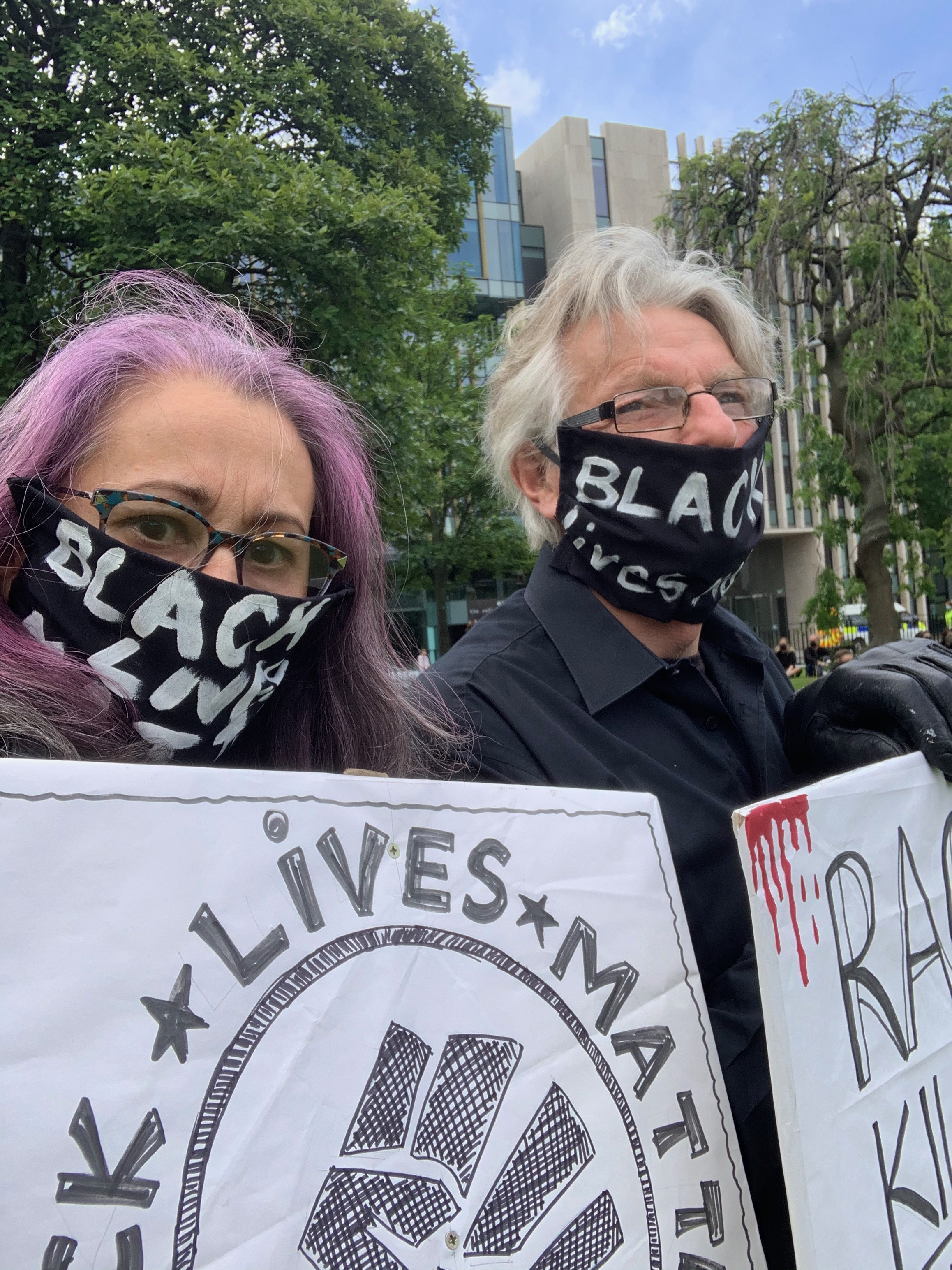Back in the early 1980s when I was involved in feminist politics, the term “the personal is political” was much used, but in mainstream circles over the last 30 years, the personal – our lived experience – has been dismissed as anecdotal. Everything required an evidence-base. Then last year, George Floyd’s murder changed all that. It was once more recognised, and this time by mainstream organisations, that lived experience is valid because, when taken together with the lived experience of others, it is evidence! Collective experience is data.
Regulated health and care practitioners and researchers rightly rely on evidence, but that’s no reason to overlook the value of lived experience. There’s much that can be improved in the field of patient experience and patient safety if only lived experience is taken into account. For example, when I was marching to reclaim the streets back in the 1980s, friends and family unfortunate enough to be in hospital were starving (quite literally) because culturally appropriate food such as vegetarian, halal and kosher food just wasn’t available. If anyone in power had shown an interest in their lived experience as patients, this could have been addressed many years ago.
As a woman of Bangladeshi heritage, I have a different lived experience to my Board colleagues at the Authority which, in turn, shapes what’s important to me. A recent Public Health England report concluded that after accounting for the effect of sex, age, deprivation and region, people of Bangladeshi ethnicity faced twice the risk of death from Covid as white British people. That’s not just a statistic, it’s a fact of life for me, my brothers, my cousins and aunts.
 Issues around race and inequality in healthcare have not been given sufficient time and attention at the Authority. The Black Lives Matter movement has helped change that, and we are now focusing on issues of race. So why did I not speak up before now? Why did I not force race onto our agenda? Simple. Because it’s not my job to carry the responsibility for this.
Issues around race and inequality in healthcare have not been given sufficient time and attention at the Authority. The Black Lives Matter movement has helped change that, and we are now focusing on issues of race. So why did I not speak up before now? Why did I not force race onto our agenda? Simple. Because it’s not my job to carry the responsibility for this.
The problem is that too often Black and Asian Board members are seen as occupying token places, there so that the ‘race box’ can be ticked. When I joined my first Board more than 20 years ago, I was asked if I was there to replace Jane (not her real name). It was an odd question, and the white men who joined at the same time were not asked if they were replacements for Tom, Dick and Harry. Jane was, it transpired, an Asian woman. Her contribution presumably unrecognised, and so in turn was mine. I was seen by colleagues merely as the token non-white person. At the Authority I did not once more want to be seen as there to improve the diversity statistics, so I did not draw attention to issues that should have been of concern. But it can be difficult not to raise important issues when colleagues are not alive to what is happening across our diverse communities. If I was not to speak up, who else would? That’s why allies are so important.
When I was on the Nursing and Midwifery Council some years ago, I noticed that many of the surnames of nurses coming before fitness to practise panels were familiar to me: Ali, Ahmad, Akter, Hussein, Islam… Back then, few colleagues were that concerned. But I was, only I didn’t want to confirm my typecasting as a token appointment, there only to raise issues of race and inequality.
We know now that BAME nurses and midwives form 26% of fitness to practise cases yet make up just under 22% of the register, and that employers refer BAME doctors to the GMC at more than double the rate of their white counterparts. And BAME patients have poorer experiences of healthcare and poorer health outcomes.
If you’re from a white community, you’ll be personally unaffected by these statistics, so make time to find out about a diverse range of lived experiences. Be an ally. Make a difference.
